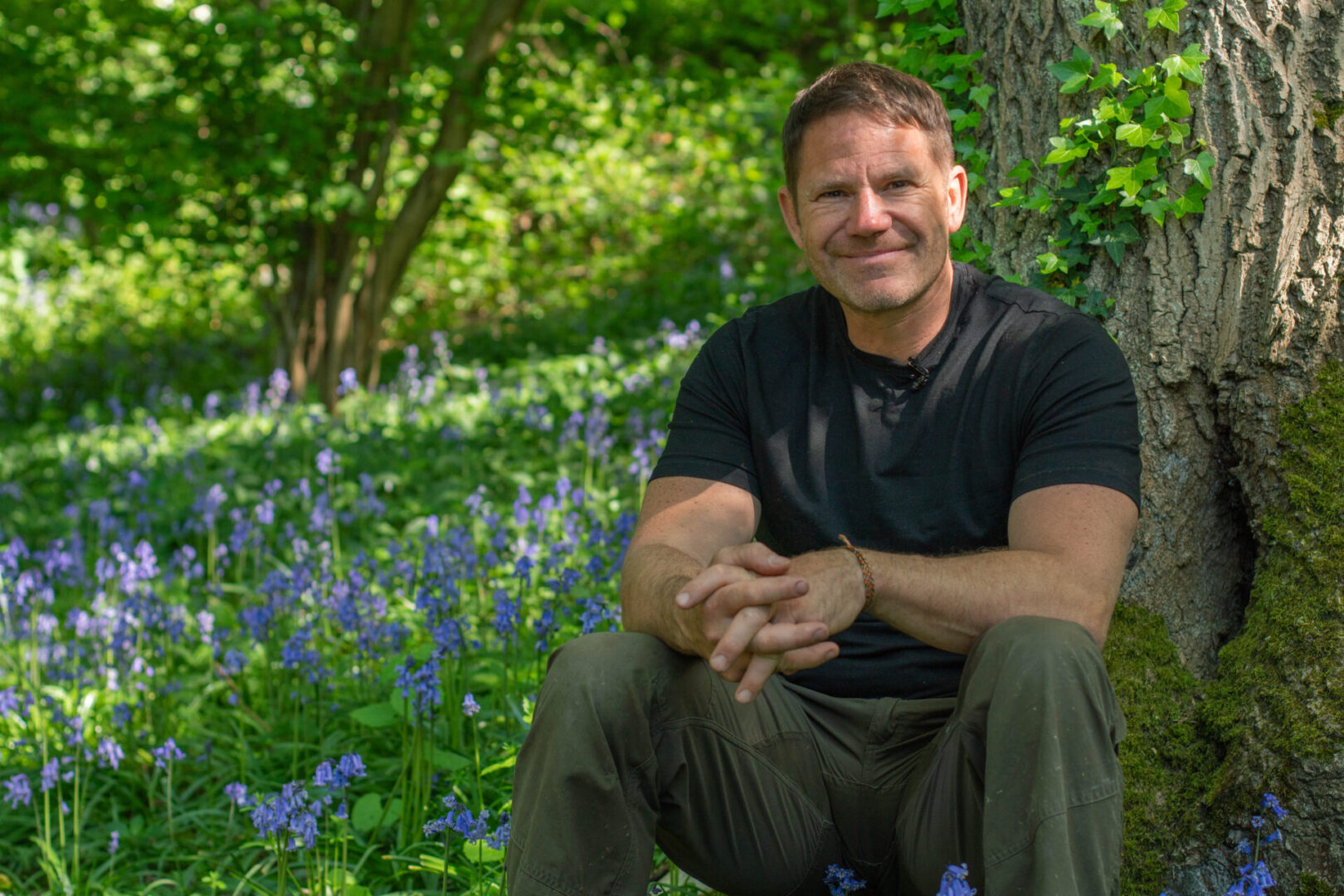In 1990, I began my career in expeditions, including a disastrous attempt to walk solo across New Guinea. I spent many years living amongst hunter gatherer communities; learning to speak their languages, studying their art and customs. Their lives were fascinating precisely because they are the antithesis of what we call modern civilisation: cannibalism and headhunting were still practised, witchcraft and ritual a part of everyday life. Peoples such as the Korowai lived in towering treehouses, others were semi-nomadic, moving where the fish and the hunting took them. Large animal kills were rare, and when they happened nothing was wasted. Even fish bones became tooth picks and combs. There was no landfill because nothing was ever thrown away. The men wore penis gourds and bird of paradise feathers in their hair. In places like the Baliem Valley, they had been living these lives unchanged for perhaps 50,000 years. They lived very physical lives outdoors; many of the men looked like CrossFitters without ever having touched a weight. There were no words for ‘depression’, ‘stress’ or ‘anxiety’. They lived – even slept – alongside their pigs and chickens, so each person carried a heavy parasite load, but ‘modern’ diseases of the immune system such as colitis, crohns, asthma etc did not exist. Their small tight-knit communities saw everyone living and sleeping together in clan houses, some of which might house fifty or sixty people. For me it was unbearable to never have a moment’s privacy; the incessant talking about not much drove me nuts. But no one was ever lonely. The elders were treated with respect, their opinions and experience valued. Their babies were carried around and in constant contact with their mother while she continued her daily life; they grew up within their family unit, heading out to hunt or tend the gardens with their parents. There were no boarding schools, or old people’s homes.
The Baliem Valley now has a busy airport where the missionary’s grass airstrip once was. Everyone has an i-phone, and the beehive huts and penis gourds only exist for tourist selfies. The communities that still exist in the traditional way are all but gone, the authentic representation of our own heritage mostly but a memory. Part of the zeitgeist is to idealise our hunter gatherer origins, and that’s wrong. Lives were hard, brutal, and often short. However, our past holds a mirror to our present and future. There is a great deal of existential angst in modern society; a search for worth and purpose. I myself spent my whole adult life travelling the world risking life and limb searching for… something. A thing I discovered in an instant the second my first child was born. We as a species have not changed physically in tens of thousands of years, but in the last decade, everything has changed in the way we live. Evolution doesn’t work that quickly. If we want a happy civilised society, we need to quantify what we as a species really need. Not to discard the miracles of the modern world, or to get everyone eating paleo and wearing barefoot shoes, but so we can remind ourselves how community, family, nature, physicality and simplicity can salve a surprising amount of modern malaise.
Steve Backshall – Naturalist and Explorer
